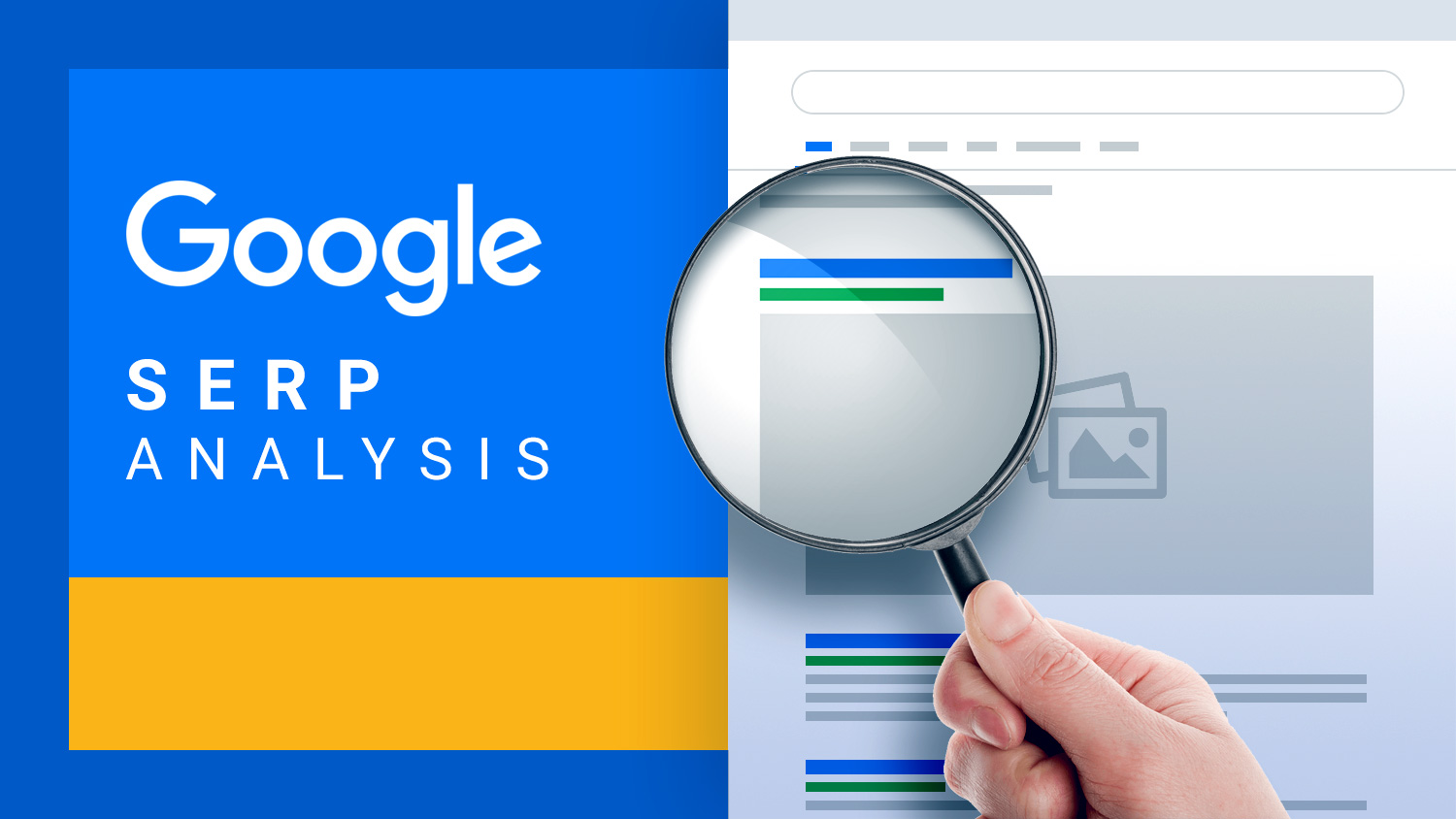Unlocking Insights For Improved Online Visibility
In the digital age, understanding how your website performs on search engine results pages (SERPs) is crucial for achieving online success. Google SERP analysis is a powerful tool that helps marketers, business owners, and SEO professionals optimize their strategies to enhance visibility and drive traffic. By analyzing the SERPs, you can gain insights into your competitors, identify trending keywords, and understand user intent, all of which are essential for crafting effective content and marketing strategies.
When you delve into Google SERP analysis, you uncover valuable data that can shape your online presence. This analysis reveals not only where your website ranks but also how it stacks up against competitors, which elements of your content resonate with users, and what opportunities are available for improvement. By focusing on these insights, businesses can adapt their strategies to meet changing market demands and user preferences.
Moreover, Google SERP analysis is not just a one-time activity; it is an ongoing process that requires regular monitoring and adjustments. With search engines constantly evolving and user behavior shifting, keeping a finger on the pulse of SERP dynamics ensures that you stay relevant and competitive in your niche. Whether you are a seasoned SEO expert or a newcomer to digital marketing, mastering Google SERP analysis can lead to significant growth and success.
What is Google SERP Analysis?
Google SERP analysis refers to the process of examining search engine results pages to understand how websites rank for specific keywords and phrases. This analysis involves evaluating various elements such as organic results, paid advertisements, featured snippets, and local listings. By conducting a thorough SERP analysis, businesses can identify strategies to improve their online visibility and attract more traffic.
Why is Google SERP Analysis Important?
Understanding the importance of Google SERP analysis is vital for anyone looking to enhance their online presence. Some of the key reasons include:
- Identifying Competitors: Gain insights into who your competitors are and how they are performing.
- Keyword Strategy: Discover which keywords are driving traffic and which ones to target.
- User Intent: Understand what users are searching for and tailor your content accordingly.
- Content Optimization: Analyze top-ranking pages to identify best practices and gaps in your own content.
How to Conduct Google SERP Analysis?
Conducting Google SERP analysis can be broken down into a series of steps:
What Tools Can Assist with Google SERP Analysis?
Several tools can facilitate your Google SERP analysis, making the process more efficient and insightful:
- SEMrush: Offers comprehensive data on keyword rankings, organic traffic, and competitor analysis.
- Ahrefs: Provides insights into backlinks, keyword rankings, and content performance.
- Google Search Console: A free tool that helps track your website performance and identify issues.
- Moz: Features various SEO tools, including SERP analysis and keyword tracking.
How Often Should You Conduct Google SERP Analysis?
The frequency of your SERP analysis largely depends on your industry and competition. However, a good rule of thumb is to conduct SERP analysis at least once a month. Regular analysis allows you to stay updated with changes in search algorithms, shifts in user behavior, and competitor strategies. In highly competitive industries, more frequent analysis may be necessary to maintain an edge.
What Are the Key Metrics to Track in Google SERP Analysis?
When analyzing SERPs, certain key metrics are essential to track:
- Keyword Ranking: Monitor your position for targeted keywords.
- Click-Through Rate (CTR): Measure how often users click on your links compared to how often they see them.
- Impressions: Track how many times your website appears in search results.
- Conversions: Analyze how effectively your website turns visitors into customers.
What Are Common Mistakes in Google SERP Analysis?
Even seasoned marketers can make mistakes when conducting SERP analysis. Some common pitfalls include:
- Focusing Only on Rankings: While rankings are important, other metrics like traffic and conversions matter too.
- Neglecting Mobile Users: Ensure your analysis includes mobile SERPs, as mobile usage continues to rise.
- Ignoring Local SEO: If applicable, factor in local search results and optimize for them.
- Failing to Adapt: The digital landscape changes rapidly; be ready to adjust your strategies based on your findings.
Conclusion: Embracing Google SERP Analysis for Success
In conclusion, mastering Google SERP analysis is essential for anyone looking to improve their online visibility and drive traffic to their website. By understanding SERP dynamics, utilizing the right tools, and avoiding common pitfalls, you can create a more effective SEO strategy that adapts to changing market conditions. Remember, the digital landscape is continuously evolving, so your commitment to regular analysis will play a crucial role in achieving long-term success.



ncG1vNJzZmixn6PAtr7IZqWeq6RjsLC5jpycpZ2Sp7a1xZBuZqCnn5y5pnnSnqmpZZGjrq3F0qKqZ6Ckork%3D